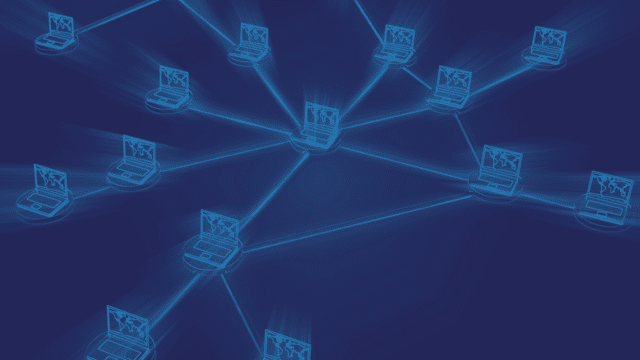The Role of Fax in Modern Healthcare Communication
Even in a digital age, fax continues to play a critical role in healthcare communication. Providers, pharmacies, insurance companies, and other organizations rely on fax to transmit sensitive patient information quickly and securely. Despite the rise of secure email and messaging platforms, fax remains a trusted method for exchanging PHI, particularly with organizations that have not yet transitioned to fully digital workflows.
Understanding how fax can be HIPAA-compliant is essential for healthcare teams. Traditional fax machines, if not properly managed, may create vulnerabilities such as misdirected documents or exposure of sensitive information. Implementing secure fax practices ensures that healthcare organizations maintain compliance while facilitating efficient communication across departments.
How to Ensure HIPAA Compliance When Faxing
HIPAA-compliant faxing requires multiple layers of security and oversight. Key measures include:
- Encryption: Data should be encrypted both during transmission and while stored to prevent unauthorized access.
- Access controls: Only authorized personnel should be able to send or receive PHI via fax.
- Audit logs: Every fax transaction should be logged for accountability and regulatory reporting.
- Business Associate Agreements (BAAs): Vendors handling PHI must sign BAAs to ensure HIPAA standards are met.
Cloud fax solutions enhance these safeguards by providing encrypted transmissions, detailed audit logs, and real-time monitoring. They also integrate seamlessly with EHRs and document management systems, creating a streamlined workflow that reduces manual errors and improves compliance oversight.
Common HIPAA Fax Mistakes and How to Avoid Them
Even experienced staff can make errors that compromise PHI security. Common mistakes include:
- Sending faxes to incorrect or outdated numbers.
- Leaving documents on unattended fax machines.
- Using shared or public fax machines.
- Failing to maintain logs of fax transmissions.
These errors can result in regulatory fines, data breaches, and reputational harm. Educating staff through regular training and adopting secure cloud fax systems can mitigate these risks. Additionally, implementing standardized protocols for verifying fax numbers and confirming receipt can prevent most common mistakes.
Fax Compared to Email for PHI Transmission
Some healthcare organizations consider email as an alternative to fax. However, unsecured email carries higher risks because messages can be intercepted, forwarded inappropriately, or sent to the wrong recipient. Not all email systems provide end-to-end encryption, which is critical for PHI protection.
Cloud fax provides the security and accountability necessary to meet HIPAA standards. Encrypted storage, audit trails, and controlled access make cloud fax a safer and more reliable solution for sensitive healthcare communications. Organizations should establish clear policies guiding staff on when to use fax versus secure email, ensuring compliance without compromising operational efficiency.
Selecting a HIPAA-Compliant Fax Provider
When choosing a fax provider, healthcare organizations should prioritize:
- Encrypted transmissions and secure storage.
- Automatic audit logging to track all activities.
- Role-based access controls to limit PHI exposure.
- Signed Business Associate Agreements.
- High reliability and uptime, backed by responsive customer support.
It is also important to evaluate vendor onboarding processes, integration capabilities with existing EHR and document management systems, and the availability of training resources. Providers like Documo deliver comprehensive cloud fax solutions designed specifically for healthcare environments.
Protecting Patient Information While Streamlining Workflows
Fax continues to be an essential communication method in healthcare when implemented securely. Using modern cloud fax solutions ensures PHI protection, compliance with HIPAA regulations, and improved workflow efficiency. Organizations adopting secure cloud fax see benefits such as faster document delivery, better record-keeping, reduced administrative burden, and increased staff productivity. By prioritizing education, standardized protocols, and secure technology, healthcare organizations can maintain HIPAA compliance while improving operational effectiveness.





